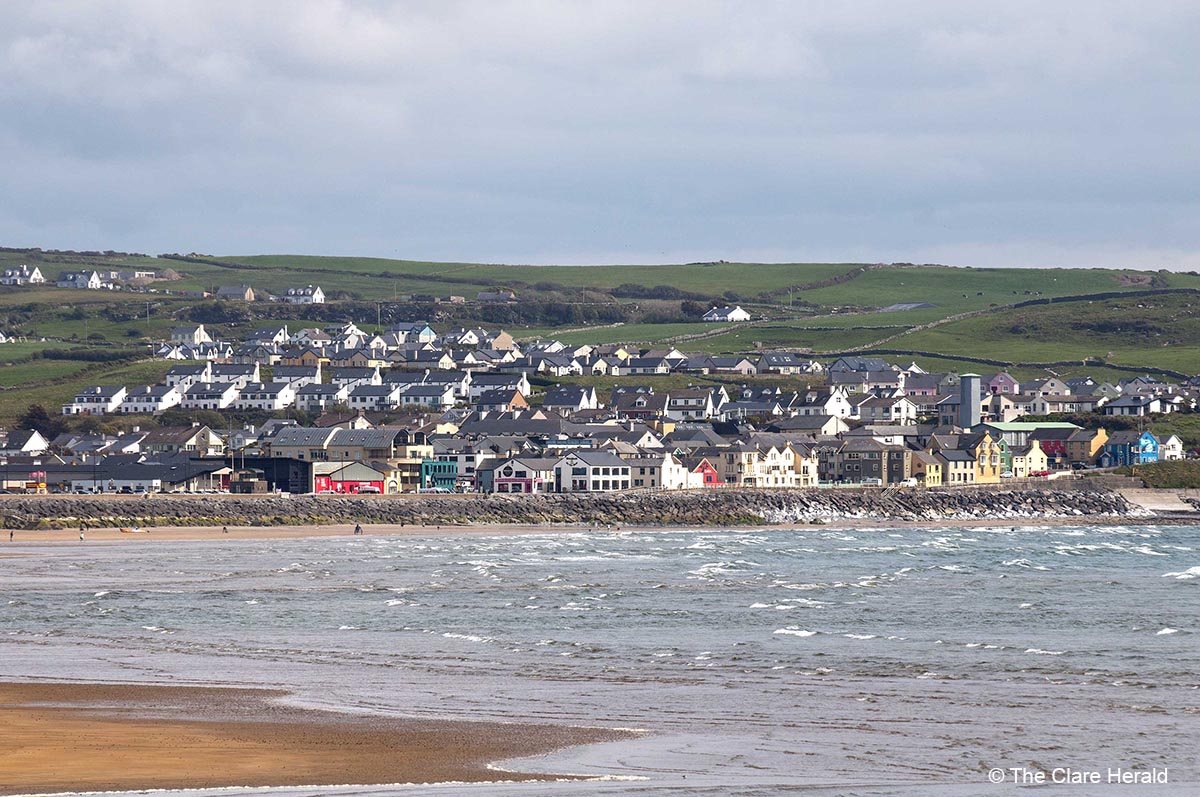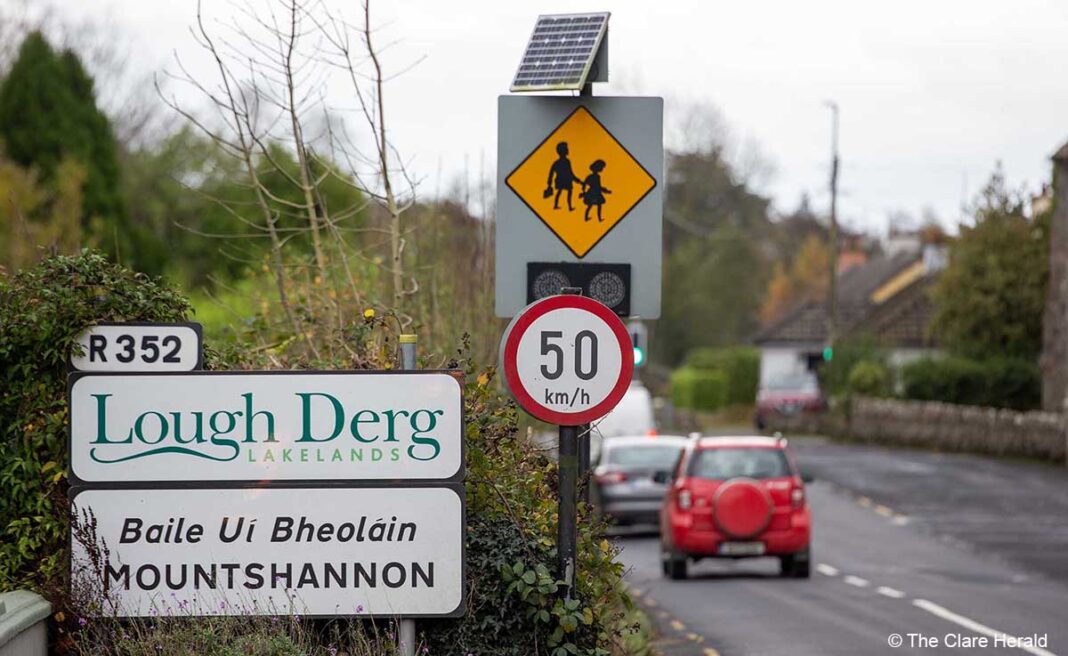The annual survey of coasts and inland waterways by business group Irish Business Against Litter (IBAL) shows the majority of areas attaining ‘clean’ status, among them Mountshannon, but Lahinch and Doolin falling short, both deemed ‘moderately littered’.
33 beaches, harbours, rivers and their immediate environs were monitored by An Taisce on behalf of IBAL in June and July. 17 were deemed ‘clean’, a 50% rise on the previous survey, while the number of areas branded ’littered’ fell from 11 to just 3. Again, no area was placed in the lowest category “heavily littered”.
The An Taisce report for Mountshannon (River Shannon) stated: “There was a virtual absence of litter at Mountshannon, just some occasional food related items and cigarette butts. Dog Fouling signage asks the public to ‘Be Responsible, Pick it Up’, with the provision of a Mutt Mitt directly beneath. However, there didn’t appear to be any bins for same. Some unused dog fouling bags were scattered on the ground and floating on the water. Litter bins, signage, seating were in good order – the overall impression created at Mountshannon was a very positive one – fitting for a Blue Flag environment.”
The An Taisce report for Lahinch stated: “The overall impression created at this popular seaside location was moderately littered. There were traces of cigarette butts, fast food wrappers, utensils (both wooden and plastic) in the car park and promenade, with the rock armour harbouring coffee cups, plastic bottles and other food related items, along with fishing rope fragments. Dedicated pizza box bin, located directly beside regular street bin. Dog fouling signage reminds the public that ‘All bags are Litter, even compostable bags / Pick Up after your Dog, Don’t Spread Disease, Place your Dog Waste in this Bin’. While there was good dog fouling signage, there didn’t appear to be the same emphasis on litter awareness, not much apart from ‘Greener Clare’ & ‘Love this Place, Leave no Trace’ on the Big Belly bins.”
The An Taisce report for Doolin stated: “The ‘Welcome to Doolin Beach’ signage detailing the Bye-Laws / map / QR codes was freshly presented, creating a positive first impression for any visitors. The Dog Fouling / Dogs on a Lead notices were slightly older, somewhat faded. The overall impression with regards to litter was quite a good one, but there were too many food and cigarette related items within the car park – food related items included lollipop sticks, fast-food wrappers, coffee cups and plastic bottles – a more thorough approach to the cleaning of same could easily address this. Fishing related items at the tide line included ropes, crates, large plastic liquid container / drum and a pallet.”
“This is by far the most favourable result we have seen in 8 years of coastal surveys,” says Conor Horgan of IBAL. “The trojan and ever-expanding work of clean coasts groups and other volunteers is instrumental in this, as is the investment by councils in facilities around our beaches. Legislative measures, such as the tethering of caps to plastic bottles and the Deposit Return Scheme, are contributing factors. It appears also that local authorities have upped their game in responding to busy periods at our beaches.”

Cigarette butts, sweet papers, fast food wrappers were the most commonly found litter items. The first coastal survey conducted since the introduction of the Deposit Return Scheme showed a 30% drop in the prevalence of plastic bottles and cans. Vapes were less prevalent than in previous studies, but there was no fall in coffee cup litter, which was found in 42% of the sites surveyed.
“The coffee cup levy seems to have died with the last Government, but these findings show that the case for it has not died,” commented Conor Horgan. “Coffee cups have become a permanent addition to the suite of litter items regularly found on our beaches. It’s not just their visual impact – many contain plastic, which threatens sea life and in turn our very survival. ‘Coffee cup-free’ coastal areas, along the lines of the Killarney model, would be very welcome.” In 2022, Killarney became the first town in Ireland to phase out single-use coffee cups.
According to National Geographic, about eight million tons of plastic waste escape into the oceans from coastal nations annually – the equivalent of five full rubbish bags for every foot of coastline in the world. Over 2,000 species of wildlife, some endangered, are affected by plastics.
Next month’s Big Beach Clean Up is an annual call to action organised by An Taisce’s Clean Coasts, which is expected to attract over 600 groups and 15,000 volunteers nationwide to our beaches over a single weekend, from 19 – 21 September.
